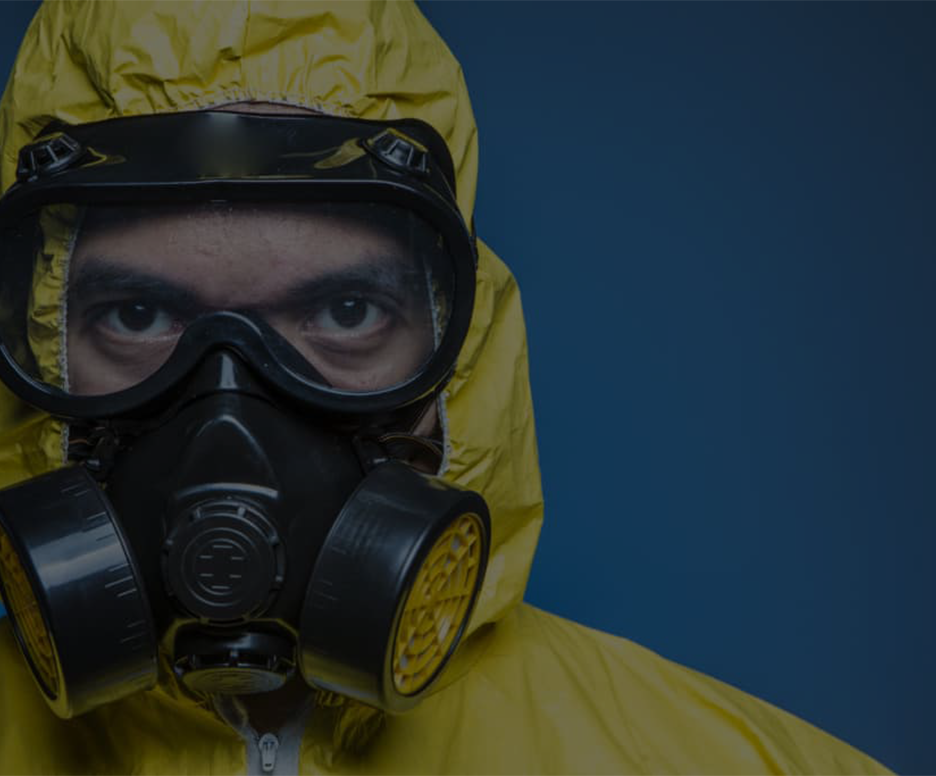![[Must-See] Top Frequently Asked Questions About Mold [Must-See] Top Frequently Asked Questions About Mold](https://911waterdamageexperts.com/wp-content/uploads/2023/01/mold-faqs.png)
[Must-See] Top Frequently Asked Questions About Mold
By: 911 Water Damage Experts
Mold FAQ 1: What Is Mold?
Mold is a type of fungus that lives almost anywhere there is moisture, oxygen, and organic matter. Mold plays an important role in nature because it helps break down organic matter.
However, indoor mold can cause health problems as well as structural problems in buildings.
What is mold?
They are one structure microscopic fungi can form. Fungi reproduce using enzymes to digest food and reproductive cells called spores. Mold plays an important role in the decomposition of leaves, wood, and other dead plant material.
The mold that gives blue cheese its “blue color” is the source of penicillin, one of the earliest and most widely used natural antibiotics. Unfortunately, mold is also one of the most common allergens on the planet.
Molds are microscopic fungi that live on plant or animal matter. They exist both indoors and outdoors and are part of our natural environment. They play an important role in the environment by breaking down and digesting organic matter.
Molds, also known as fungi or powdery mildew, are neither plants nor animals; they are part of the mushroom kingdom.
Mold FAQ 2: Can Mold Cause Health Problems?
Mold has many health effects. In some people, mold can cause a stuffy nose, sore throat, coughing or wheezing, burning eyes, or a rash.
People with asthma or mold allergies may experience severe reactions. People with weakened immune systems and those with chronic lung disease can get lung infections from mold.
Is it dangerous to come into contact with mold?
Mold growth can not only cause structural damage to your home (such as sagging floors), but it can also affect your health.
You can be exposed to mold by handling moldy materials, eating moldy food, and breathing in tiny mold spores in the air. You can inhale over half a million spores in a minute without knowing it.
Symptoms of a mold allergy include rash, runny nose, eye irritation, coughing, congestion, and worsening asthma.
Mold FAQ 3: What Are The Main Ways To Control Moisture In Your Home?
Now that you know what causes dampness, you can help prevent excess moisture in your home.
Some of these problems require home repair, but others can be easily and effectively fixed with a moisture absorber, which removes excess moisture from your home.
The key to prevention is moisture control.
Without excess moisture, mold cannot grow. Check for leaks under the sink. Check your attic from time to time for roof leaks. If your basement feels damp, invest in a dehumidifier.
In the bathroom, keep the exhaust fan running while showering and leave the doors and windows ajar. If your heating system has a humidifier built into it, invest in a hygrometer to monitor the humidity levels in your home.
Follow this link for detailed instructions on how to prevent mold.
The tight structure controls air exchange between the interior and exterior and prevents moisture from accumulating in walls and roofs.
Controlling humidity, including relative indoor humidity, is key to preventing mold growth.
Tight building structures combined with moisture source control (exhaust fans) and controlled ventilation (intentional introduction of outside air) reduce the likelihood of mold growth in buildings.
Controlled ventilation are provided by ducts that deliver outside air to the return side of the ventilators of the forced-air system.
A timer or fan can be programmed to turn on the air handler for a specified number of minutes every hour, even when there is no heating or cooling demand.
In cold climates, controlled ventilation is often provided by heat recovery fans (HRV).
Mold FAQ 4: Can I Use Bleach To Clean My Home?
Certain substances can destroy living organisms. If you want to use chemicals to make that happen and to get rid of mold, remember that this is not a regular nor recommended practice when you are doing mold cleanup.
Some professionals though tend to use it in certain cases, but in most of them, it is difficult to sterilize an entire area and this means that the background spores will remain.
This means that you will still be left with the mold issue after the cleanup because the cleanup would not be successful in the first place.
On the off chance that you decide to use strong chemicals, note that you will need plenty of air too. You will need to ventilate the area and make sure that the air which is contaminated by the substance can be aired out outside easily.
Also, remember never to mix chlorine bleach with any other solution since you might accidentally create toxic fumes.
Mold FAQ 5: Does Mold Affect People’s Health?
When it comes to mold indoors, this is usually not an issue.
But, when the mold spores land on a damp surface and begin multiplying, this is when the situation gets a little bit more complicated.
This is when there is a great chance that mold can create some health issues. Molds are the cause of all sorts of allergies, toxic substances, irritants, and so much more.
If you have sensitive health, then being in touch with mold can have some minor or major consequences. You can experience a runny nose, and sore throat, it can irritate your eyes, and your lungs, and cause asthma attacks in some people too.
There is an array of symptoms that you can experience, so if you feel like something you feel is caused by mold, the best thing to do would be to contact your health professional.
Mold FAQ 6: Should You Test Your Home For Mold?
Absolutely! If the mold is visible around some edges then it is not needed, but, in those cases when you feel like there may be some mold that is not visible, then testing for mold is the recommended course of action.
This is a process that should be done by professionals only. They come with a piece of certain equipment and have both the experience and the expertise to do a proper search for mold in your home.
They will take samples and they will process them and after the results come in they will let you know whether you are dealing with mold in your home or not.
If you have any questions about our article “[Must-See] Top Frequently Asked Questions About Mold” or need a water damage restoration company, feel free to call us at 1-833-WE-DRY-IT or chat with us in near real-time on our Facebook fan page.
Related Posts
Fire Damage Restoration Articles
How to clean up after a house fire
Fire damage restoration checklist
Fire damage tips: 6 hazards property owners miss
How smoke from fires can negatively affect your health
What are the most common causes of house fires?
10 helpful smoke damage cleaning tips
Mould Removal Restoration Articles
5 Signs You Have Mould Growing In Your Walls
“Can I Remove Mould Myself?” Our Mould Removal Experts Have Answers
7 Must-Know Reasons Why You Should Get A Mould Inspection Before Buying A House
Does Mould Attract Bugs? Yes And Here’s What Kind And Why
How To Remove Mould From The Attic [Mould Prevention Tips Inside]
How Rain Causes Mould Growth-Prevention Tips Included
Must-Know Tips: How To Remove Mould In Your Basement
Water Damage Restoration Articles
What you can expect from a fire damage restoration company
Water damage prevention tips from the most common problems we’ve seen
Top causes of water damage in commercial buildings and how to find them
Must-know water damage tips: What to do after your house floods
What does good water damage restoration look like?
DIY water damage restoration and the hidden dangers
How to choose the right water damage company
Flast floods: What to do before, during and after a flash flood
What to do when your attic leaks?
Related Water Damage Services
Fire damage restoration services
Water damage restoration services
Emergency cleanup services
Mould removal services
Weather damage services

